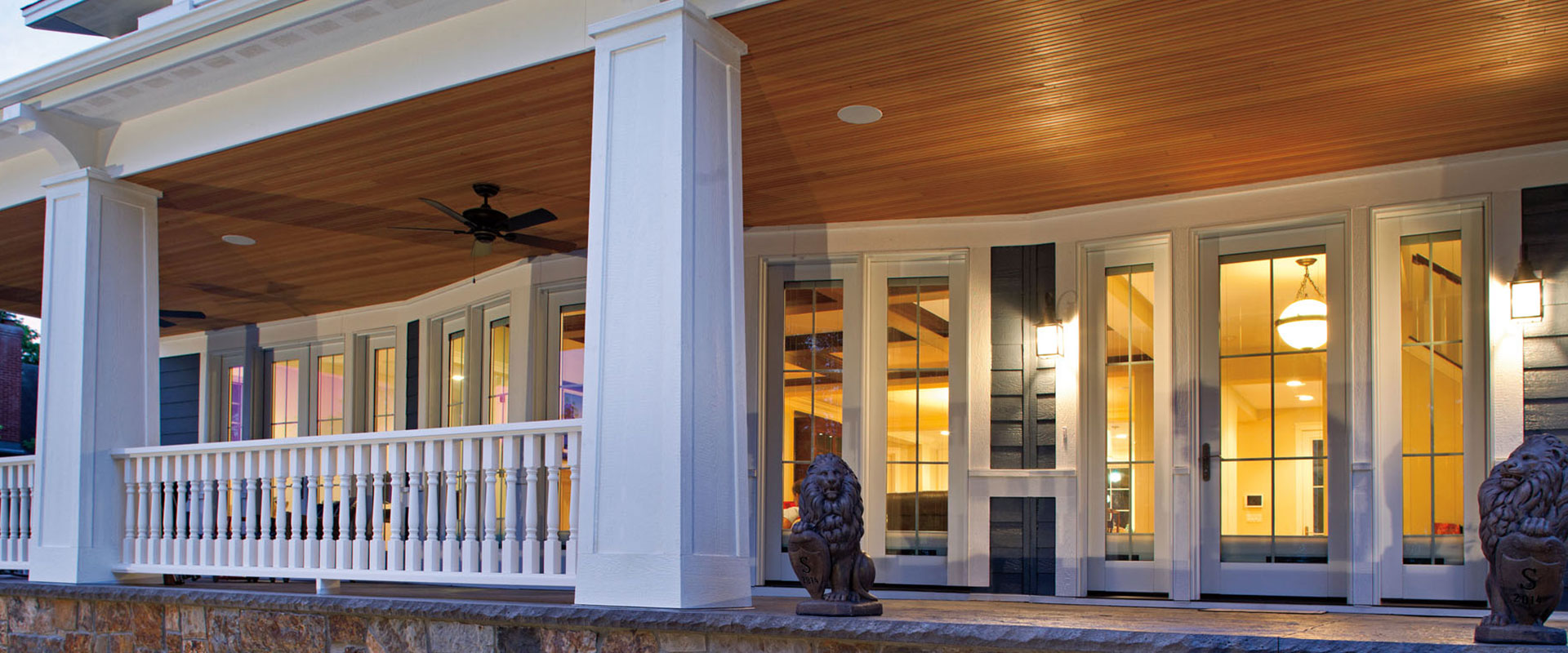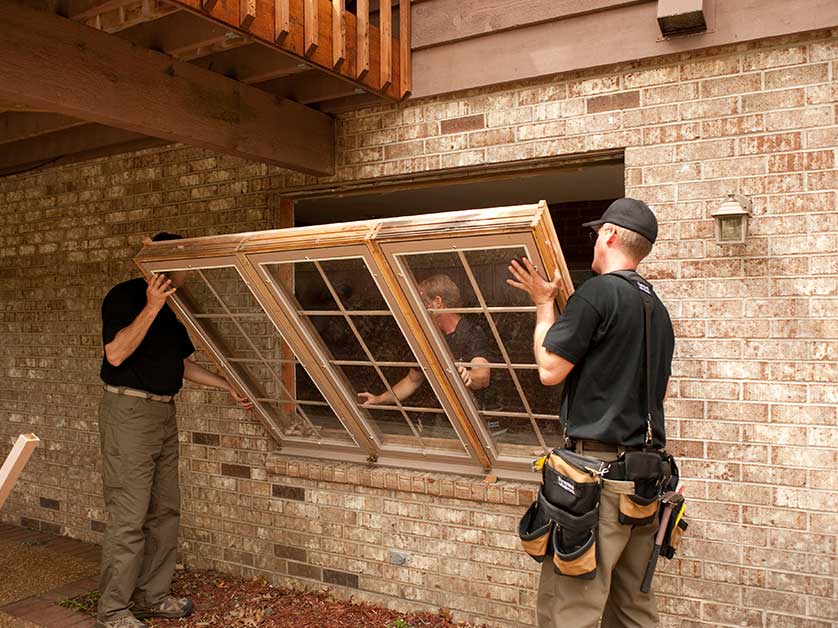Jersey Village Window Replacement: Improve Your Home's Value
Jersey Village Window Replacement: Improve Your Home's Value
Blog Article
Upgrade Your Home With Energy-Efficient Home Window Substitutes
In the realm of home improvement, the choice to update to energy-efficient home window substitutes can dramatically influence both the capability and looks of a house. Past the surface level of simple aesthetic appeals, energy-efficient home windows use a wide variety of advantages that go beyond mere curb allure.
Advantages of Energy-Efficient Windows

The installment of energy-efficient windows gives substantial cost savings on energy bills while improving ecological sustainability. Additionally, energy-efficient home windows can help control dampness levels within the home, minimizing the risk of mold and mold development.
Beyond the economic advantages, energy-efficient home windows add to ecological sustainability by reducing carbon discharges linked with power production. In general, investing in energy-efficient windows not just boosts the convenience and performance of a home but also aligns with eco aware methods.
Sorts Of Energy-Efficient Glass
Different innovative types of energy-efficient glass offer one-of-a-kind residential or commercial properties that provide to various needs and preferences in improving the sustainability and efficiency of structures. Triple-pane glass, being composed of 3 layers of glass with insulating gas between them, offers improved thermal insulation, making it very energy-efficient. Furthermore, self-cleaning glass with a special coating that breaks down and loosens dirt when subjected to sunshine can reduce maintenance demands and maintain home windows looking tidy.
Elements to Think About When Selecting
When considering energy-efficient home window substitutes, it is vital to meticulously assess specific factors that align with your sustainability goals and wanted power financial savings. One critical factor to consider is the home window's power performance ratings, such as the U-factor and Solar Heat Gain Coefficient (SHGC) The U-factor measures just how well the home window shields, with reduced numbers suggesting far better insulation, while the SHGC indicates the home window's capacity to obstruct heat from sunshine. Additionally, the home window frame product plays a significant duty in power performance. Materials like fiberglass, plastic, or timber with thermal breaks are exceptional options for decreasing warmth transfer. Another essential factor to consider is the window design and positioning concerning sunshine direct exposure. Choosing the right window design and tactically placing them can optimize all-natural light while lessening warm gain or loss. Lastly, installment high quality is key to making certain the windows carry out as planned. Appropriate setup aids stop air leakage, making certain ideal power efficiency. By meticulously examining these elements, you can pick energy-efficient windows that boost comfort, lower energy prices, and benefit the setting.
Setup and Maintenance Tips

Regular maintenance is key to preserving the performance of your energy-efficient home windows. Check the windows regularly for any kind of indicators of sealant, wear, or damages deterioration. Tidy the frameworks, tracks, and glass consistently making use of moderate soap and water to remove dirt and grime that can influence performance. Examine the weather-stripping and seals for any type of splits or gaps and change them if needed to keep the home windows' energy performance.
Additionally, lubricate relocating components such as locks and joints to guarantee smooth operation. By complying with these setup and upkeep suggestions, you can improve the power effectiveness of your home and extend the life-span of your energy-efficient home windows.
Cost-Benefit Analysis of Updating

Energy-efficient windows are made to decrease warm transfer, decreasing the demand for home heating and cooling systems to burn the midnight oil. This can bring about considerable cost savings on energy expenses, especially in areas with severe temperatures. In addition, energy-efficient home windows can enhance the total value of your home, making it more eye-catching to possible customers if you choose to sell in the future.
When computing the cost-benefit analysis, variable in the prospective savings on power bills, any type of available incentives or discounts, and the life expectancy of the windows. While the initial price may be greater, the long-term financial savings and benefits of energy-efficient home windows make them a smart financial investment for property Woodlands window replacement owners looking to enhance their residential property's power efficiency and worth.

Final Thought
In verdict, upgrading to energy-efficient home window substitutes provides many benefits such as decreased power consumption, enhanced convenience, and price savings. By choosing the appropriate kind of energy-efficient glass and thinking about aspects like frame material and installment, homeowners can make best use of the efficiency of their windows. Regular upkeep and appropriate installment are important for long-lasting efficiency. On the whole, the cost-benefit evaluation of updating to energy-efficient windows shows that the preliminary financial investment can lead to significant cost savings over time.
When contemplating energy-efficient window replacements, it is important to thoroughly evaluate specific elements that align with your sustainability objectives and wanted power cost savings. The U-factor steps how well the home window shields, with reduced numbers showing much better insulation, while the SHGC suggests the window's capacity to obstruct heat from sunlight. By meticulously examining these aspects, you can pick energy-efficient home windows that improve comfort, lower power costs, and profit the atmosphere.
While energy-efficient windows might have a higher upfront expense compared to traditional home windows, the long-term advantages commonly outweigh the initial financial investment.In final thought, upgrading to energy-efficient home window replacements supplies many benefits such as lowered energy intake, enhanced convenience, and price financial savings.
Report this page